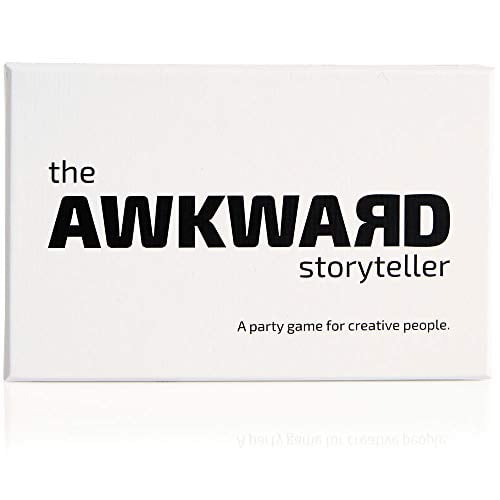
There was no challenge to it, just the frustration of having to create several panels with the same sentence spoken by different characters to establish this lineage and some affection for each other. One puzzle, for example, tasked me with establishing several different characters as related by having them say, "I am your parent" to other characters.


And, once you have a grasp on how these variables interact with each other, each level feels less like a puzzle and more like a quick exercise of tossing things into place in order to move forward.Īt times, the game begins to feel downright tedious, as you are no longer solving puzzles but merely arranging very obvious sequences of events. This means once you're halfway through the game, you'll have no new puzzle pieces to ponder over or to attempt to squeeze into their proper place.

You quickly discover there are very few variables and characters you can interact with, and they are frequently repeated throughout levels. At nearly 30 minutes into the game's hour-long runtime, it already begins to feel empty and far too small-too small for creativity, too small to provide a sense of challenge, and too small to create an engaging experience.
Storyteller game portable#
Its simplicity also makes for an experience that suits portable consoles well, as it's easy to pick up and play a few puzzles while on the go.īut while its premise is inspired, Storyteller suffers from feeling overly simple. The game's mechanics are easy to understand and make for a breezy experience, and its muted, cartoony-yet-minimalistic artwork is charming. Simplicity is the heart of Storyteller-for better and for worse. Similarly, the knight will always vie for the queen's affection, though it remains up to you to get her to feel the same towards him. The bloodthirsty baron, on the other hand, will leap at the opportunity. For example, the noble knight is wary of murdering another character. The challenges start off simple enough-make the prince and princess fall in love, help the knight slay the monster, etc.-then quickly become a bit more complex, requiring you to understand a certain character's temperament and how that may flavor their interactions with others. A man slays a vampire to protect his bride. As you structure your story, adjusting variables where needed in order to create the ending needed to pass the level, the panels interact with each other, resulting in a sort of interactive butterfly effect. You do this by filling in boxes that resemble comic strip panels, using an established list of characters and settings to do so. The premise of Storyteller is simple yet tantalizing: You create stories that yield a certain outcome by altering the order in which key events occur. However, the imaginative puzzle game ultimately fails to bottle that magic, failing to meaningfully evolve and instead delivering a repetitive and underwhelming experience. It is this feeling of surprise and delight that Storyteller aims to capture.

Although the hero's journey may serve as a foundation for countless tales, these stories ultimately evolve into retellings, reimaginings, subversions, and entirely new creations-ones that alter our notions as to what a story can be. However, as we get older and life grows more complex, so do the types of stories we yearn for. For many of us, the fantastic tales of knights and dragons, love and loss, and brave heroes overcoming all obstacles are the ones that made us fall in love with storytelling.


 0 kommentar(er)
0 kommentar(er)
